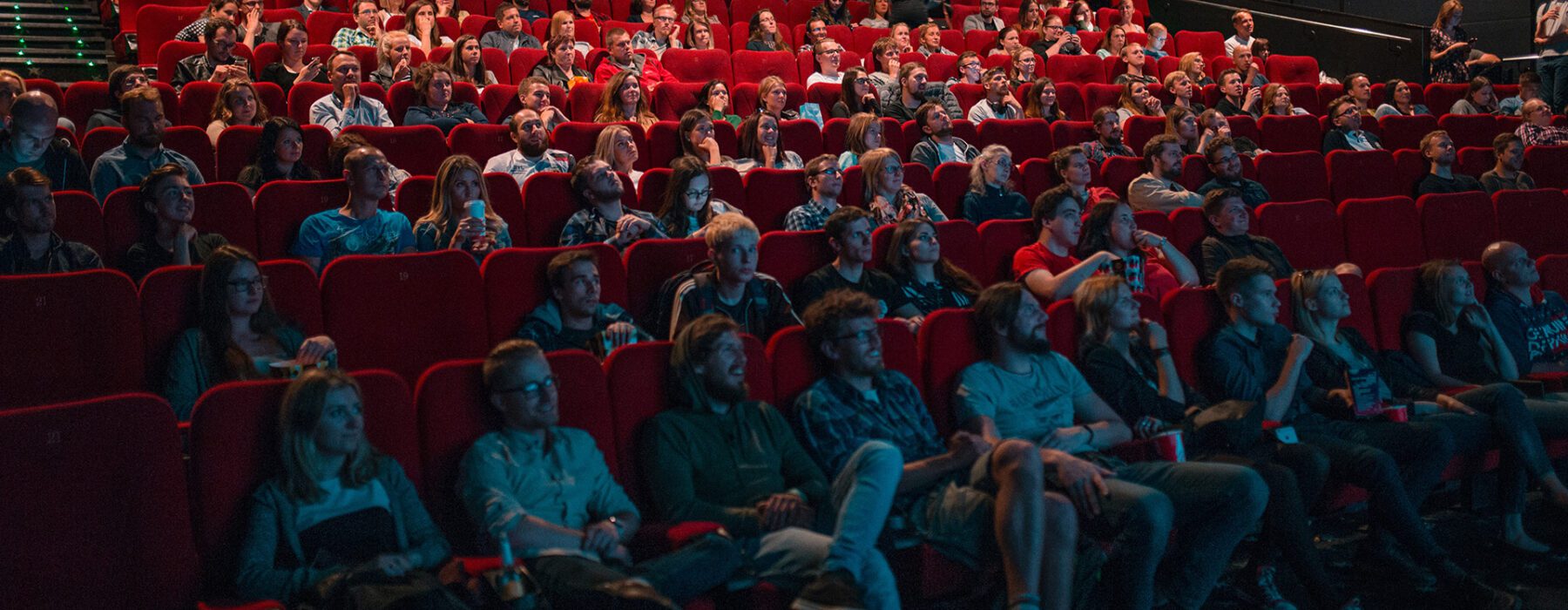Yorkshire’s Film Festival Programmers: Working Conditions, Skills and the Relationship to the Region’s Screen Industries
James Fenwick (Sheffield Hallam University)
Yorkshire’s biggest film festivals – Sheffield DocFest, Aesthetica Short Film Festival and Leeds International Film Festival (LIFF) – are reliant on precarious, casual, or volunteer labour. The film programmer is one such precarious labourer, typically not guaranteed future work despite the specialised nature of the role and the requirement for expert knowledge, skills, and even degree-level qualifications. In summer 2021, DocFest fired its precariously employed programmers without warning (Ravindran 2021). Programmers subsequently posted on social media that their working rights be protected and their centrality to the success of a festival be recognised. Instead, the programmers were told to reapply for their jobs in 2022. Such an example is not isolated, with other festivals around the world also treating programmers in such a disposable fashion (Langlois 2016).
This project focuses on the role of the programmer in relation to DocFest, Aesthetica, and LIFF. These three festivals are significant contributors to the development and promotion of the screen industries within Yorkshire, as well as vital to the regional economy. They have become integral to the respective cultural strategies of cities like Sheffield, York and Leeds, viewed by some political and cultural stakeholders as a crucial means of generating economic growth, tourism and employment. As such, understanding the role of the key cultural and industrial gatekeeper – the programmer – can contribute to strategies of growth and development, as well as lead to greater engagement and partnership between festivals and the broader screen industries.
This project is funded through SIGN’s First Grants Scheme.
This project is part of:
-

Research
Investigating the challenges facing the screen industries and devising evidence-based interventions





